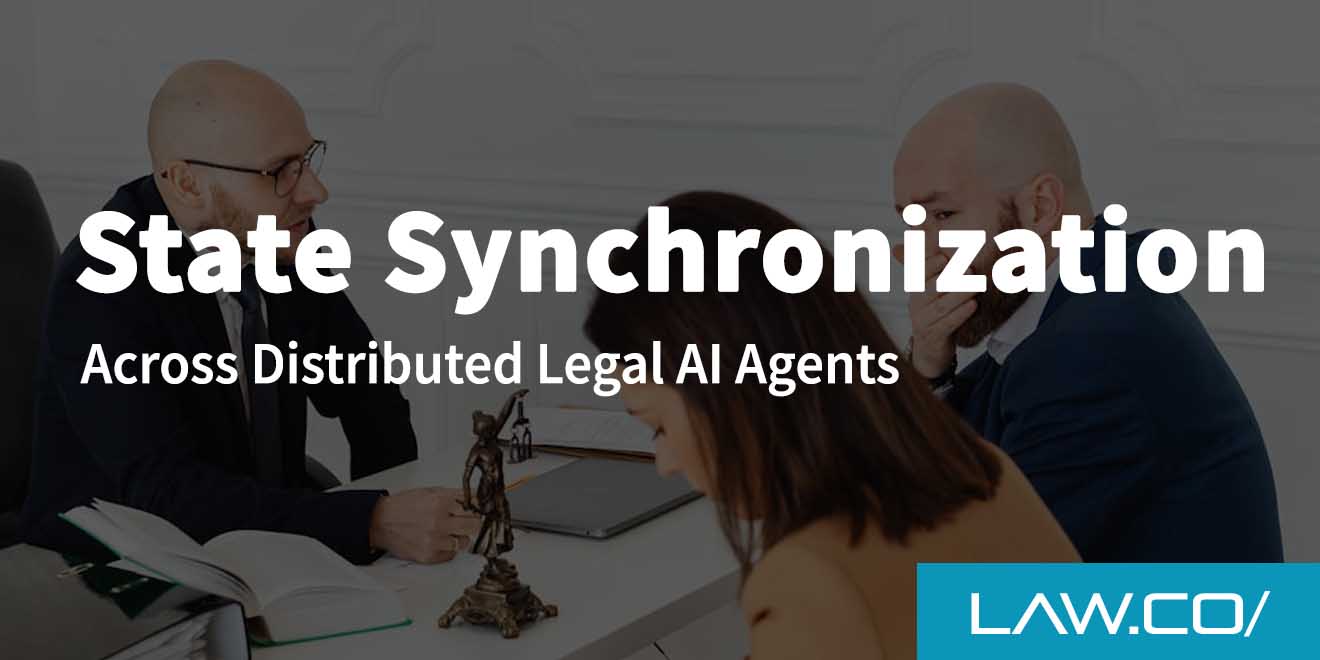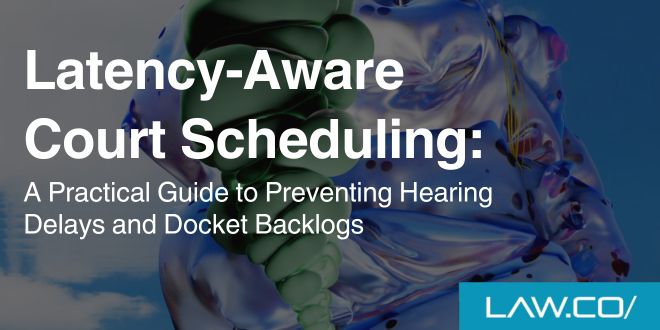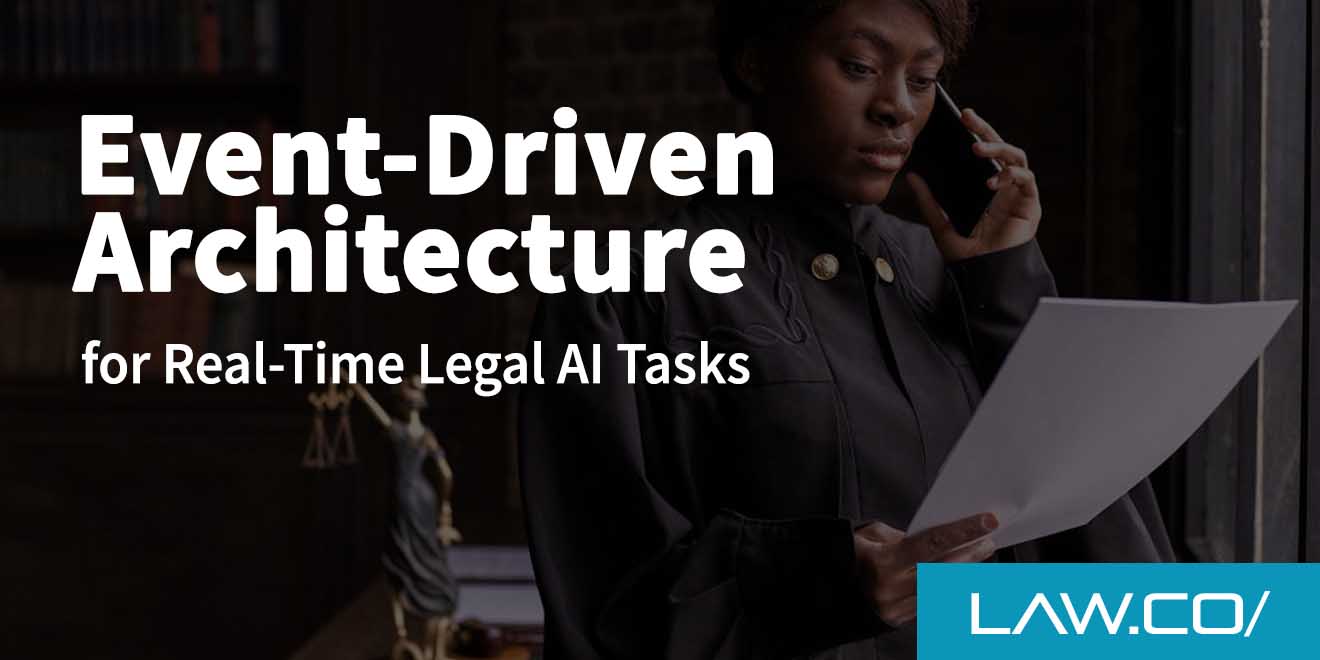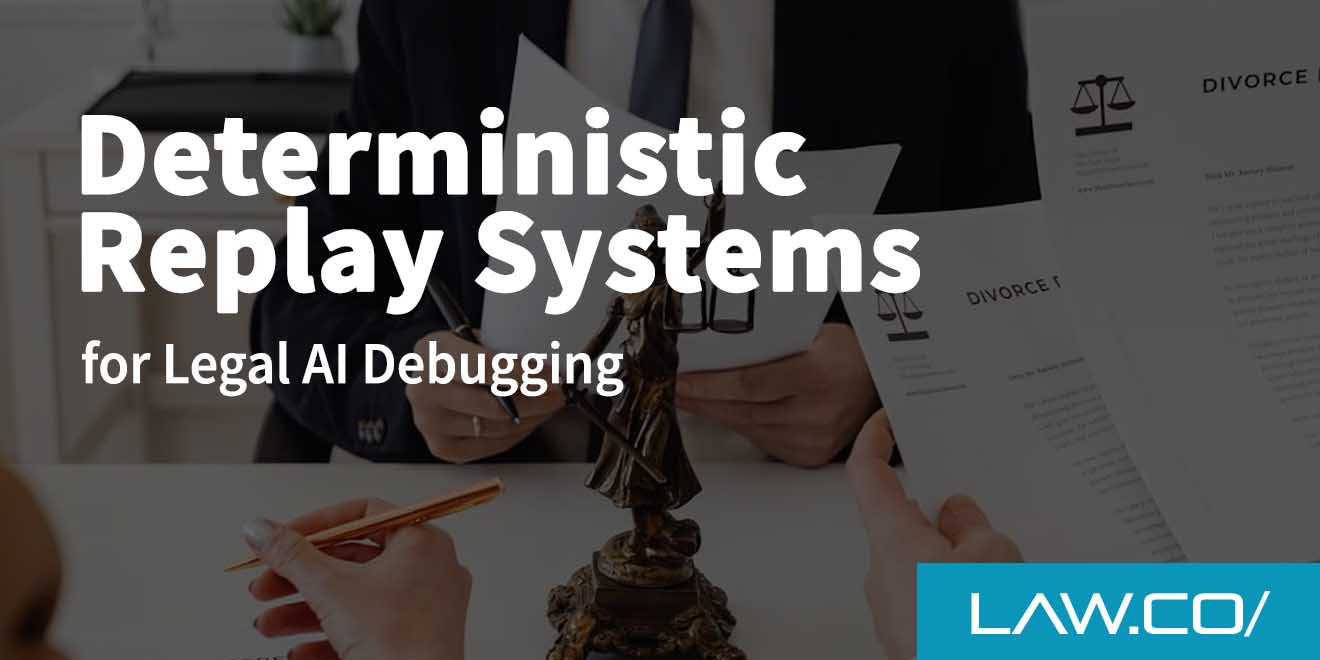

Human Lawyers vs. AI Lawyers: Who Is Better?
First, we managed to create computers capable of beating our top human chess players.Then, we developed a sophisticated AI system that did the impossible, beating top Go players around the world and furthering their absolute dominance of the game in following years.Now, we've evolved beyond games, and we're asking deeper, more existential, perhaps more intimidating questions – like this one: can an AI lawyer best a human lawyer?A few years ago, this would have been a silly question to ask, given that AI had yet to make a major impact in the legal industry and such a technology would have seemed like it was decades, if not centuries away from development.But now that legal AI is so powerful, so prevalent, and so available, the question has become both more pertinent and trickier to answer.Who is better – a human lawyer or an AI lawyer?
Human Lawyers vs. AI Lawyers: Setting the Stage

SourceWe need to set the stage with a few important disclaimers and clarifications.
- There are no AI lawyers. First, you should know there are no “AI lawyers.” At least, not really. There are many AI tools that can help lawyers in their profession, and a few that can completely take over certain responsibilities in the legal profession. There are chatbots that can engage with your customers directly, personal assistants that can automate your workflows, research tools, drafting tools, and enhanced review tools that can improve the quality of your work. But there are no AI litigators that can suitably represent you in a courtroom, nor are there any legal services that are offered purely by AI. This is likely to remain the status quo for the foreseeable future, so in some ways, our comparison is a false one. Still, we will be looking at legal AI as it compares to human lawyers so we can adequately ballpark the state of this technology. It's for this reason that law students are discouraged from using AI.
- “Better” is subjective. Next, we should acknowledge that “better” in this context is subjective. Is the better lawyer the one who does acceptable work somewhat faster or the one who does higher quality work somewhat slower? Is the better lawyer the one who gets a slightly better bottom-line result, or the one who gives their client a better overall experience with empathy and clear communication? We will examine as many considering factors as we can, but there will always be room for subjectivity.
- Human and AI “lawyers” excel in different areas. As you'll soon see, it's almost impossible to categorically rank human or AI lawyers as inherently and completely better than their counterparts. That's because human lawyers and AI lawyers excel in different areas. Incidentally, this is why the best combination is a competent human lawyer using a world-class legal AI tool.
The Natural Strengths of AI Lawyers
Already, there are some areas where legal AI tools and AI lawyers are better than their human counterparts.For example:
- Speed. Even in its current state, ChatGPT can be used to generate relatively complicated documents in a matter of minutes, and sometimes seconds. These are written works that would take human beings days, or even weeks to generate. When scrutinizing processes that AI tools can actually follow, there truly is no comparison; AI is thousands to millions of times faster than humans in these areas. If we're looking at activities like reviewing drafts, composing contracts, facilitating legal research, etc., AI lawyers have a serious competitive edge over their human counterparts, potentially cutting out thousands of hours of work in the long term. If you ask a legal AI tool to draft something simple for you, such as a will, you can see this for yourself.
- Efficiency. Legal AI is also highly efficient, both in terms of cost and in terms of productivity. Even the most advanced legal AI tools on the market are relatively inexpensive, and something that solo practitioners and freelancers can easily afford. On top of that, it doesn't take much time from a user to get highly effective, productive results from these types of tools. It might take you a few minutes of legal AI prompt engineering to come up with a prompt that leads to the type of document you need, but it's still significantly faster than doing all the work yourself.
- Data processing. Human beings aren't wired to process raw data. We function much better with processing visual stimuli, thinking abstractly, and engaging in real-world environments. Here, legal AI tools have a ridiculously powerful edge; they can take any set of objective data, analyze it almost completely, and present meaningful conclusions both faster and more effectively than their human counterparts.
- Linguistic processing. Similarly, our best natural language processing tools are capable of linguistic processing faster than any human. In other words, they can read and “understand” text at speeds ludicrously faster than the average human. It can read through thousands of pages of documents in the time it takes you to finish the first page. This also isn't purely a matter of speed; legal AI tools can form more accurate conclusions, with fewer mistakes, in most scenarios.
- Introductory research. As you might imagine, legal AI tools and AI lawyers are incredible at researching legal topics – at least, initially. As long as they have suitable access to data and materials, legal AI tools can quickly parse the information and distill it down to a concise, digestible summary. They can look up historical cases, process your queries, and help you understand the context of your present case much smoother and more effectively.
- Neutrality. Though this point is somewhat debatable, legal AI tools are arguably less biased (i.e., more neutral) than their human counterpart lawyers. The human mind is wracked with a litany of cognitive biases and skewed perceptions that AI tools generally don't have. It's true that AI is often plagued by the biases of its creators, but these biases are generally small compared to the biases of an average human being. This can be indispensable for properly analyzing a situation and reaching objective conclusions – a necessity for many legal tasks.
The Future of AI Lawyers

SourceWhat about the future of AI lawyers? AI lawyers of today have unique strengths, despite not being able to do everything a human lawyer can do. But is that going to change in the future? Will we one day have human-looking AI robots representing us at trial?That is a topic open to wide speculation.Some people are quite optimistic about the future of AI technology, speculating that it's only a matter of years before we start to see the emergence of technology that threatens human intelligence in terms of versatility and ability. In such a scenario, it's feasible that AI lawyers will eventually be able to do everything that human lawyers do – and do it better, faster, and cheaper.However, the AI explosion hasn't been quite as powerful or unstoppable as early speculators suggested, and there have been significant roadblocks and limitations that should make us skeptical about the possibility of a human-like AI. Additionally, there are several specific tasks and responsibilities that humans may be better at forever.It's hard to say exactly how AI for lawyers is going to develop from here, or whether general AI will reach an inflection point in the future. The most optimistic, far-reaching speculators still admit that it's going to take years, if not decades to reach the point of technological singularity, so it's not especially reasonable to bank on AI lawyers completely outclassing human lawyers anytime soon. More conservative speculators would suggest that human lawyers will always have an edge over AI lawyers, at least in certain areas.Take this knowledge as you will, since it's almost impossible to project the long-term future of technological development with any degree of accuracy.
The Inherent Advantages of Human Lawyers
That said, we can look at inherent advantages of human lawyers as they stand today and are likely to stand in the coming years.These are areas in which human lawyers are much better than AI lawyers:
- Empathy. It’s highly likely that machines will never be able to feel genuine empathy (though there are some detractors to this assertion). Even if law AI tools today are capable of reading tonality and intent from text, or drafting content with a specific tone or mood, they cannot possibly offer any real empathy or genuine human emotional connection. Lawyers aren't therapists, nor are they friends, necessarily, but they do play a role in being an emotionally open, sympathetic advisor. No matter how good you are at prompt engineering, an “emotional” response from a legal AI tool is always going to pale in comparison to an empathetic, genuine human response.
- Personal conversation. Conversational AI tools are quite impressive when it comes to handling rudimentary conversations, but when it comes to more complex topics and connecting on a human level, AI lawyers can't do much. Human lawyers are still better at reading and understanding the thoughts and feelings of their clients, and presenting necessary materials in a way that's digestible. Besides, most people would strongly prefer talking to a human lawyer to talking to an automated, soulless chatbot – especially when the stakes are sufficiently high.
- In-trial representation. Currently, there's no legal AI tool sophisticated enough to even be considered for in-trial representation. Only human beings possess the corporeal form, high-level thinking, interpersonal skills, and dynamic abilities necessary to engage in litigation – and even basic preliminary hearings. For at least the next several years, this is likely to remain the case; no matter how much background work and prep work is taken over by AI tools, human beings are still the ones responsible for going to trial.
- Complex cases. When it comes to simple cases, AI lawyers have an edge over their human counterparts. They can crunch the numbers, identify patterns, do the research, predict outcomes with great accuracy, and ultimately propose the best possible way forward. But many cases do not conform to historical precedent or existing principles. These more challenging, complex cases are simply out of the scope of our current AI. Only knowledgeable, experienced human lawyers are able to think in novel ways and use available information to speculate about the best paths forward.
- Knowledge and intuition. You can artificially increase the “knowledge” of a legal AI tool by giving it access to more information and training it in specific ways. But when it comes to existing baseline knowledge, most human lawyers are superior to an empty AI tool. Because of this discrepancy, human beings are much better capable of leaping to intuitive conclusions and relying on quick, creative thinking to solve problems. In cases where creative, abstract, or unconventional thinking are required, AI lawyers can't do much of anything.
- Relationships and personality. For better or worse, thriving in the legal field requires you to build strong relationships and demonstrate a strong personality. Without close networking between lawyers, building relationships with judges, and gradually expanding a network of clients and contacts, any lawyer is going to fail – and AI lawyers may never be as good as human lawyers at showcasing personality or building relationships.
Humans and AI Lawyers: Working Together for a Better Legal System
So what's the conclusion?Who's better: an AI lawyer or a human lawyer?The potentially unfulfilling answer is that they're both good at different things. AI lawyers are much faster, more efficient, and better in specific applications. Human lawyers are exclusively able to represent clients in court and are much better suited to dealing with complex, emotional, or abstract issues.The correct path forward for most lawyers and law firms is to use both human lawyers and AI lawyers in tandem. Enhancing each other's strengths and making up for each other's weaknesses can lead to much greater overall productivity, better results, and fewer mistakes.Are you a human lawyer, or a legal professional, eager to maximize the potential of your technology stack?Are you looking for a way to save time, save money, and speed up your most tedious work so you can focus on building and preserving your best client relationships?Legal AI is exactly what you need. And we’ve got it.Contact us today for more details!

%201.svg)










